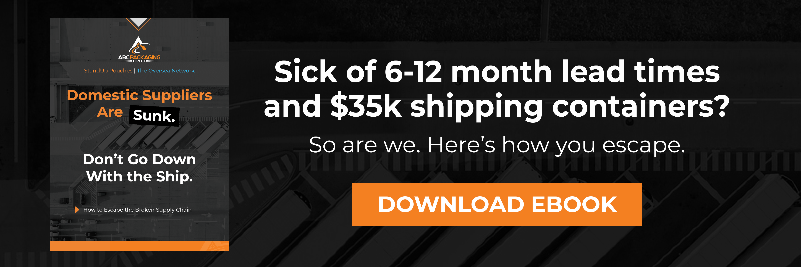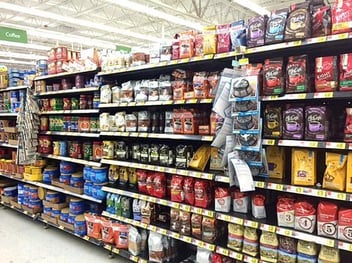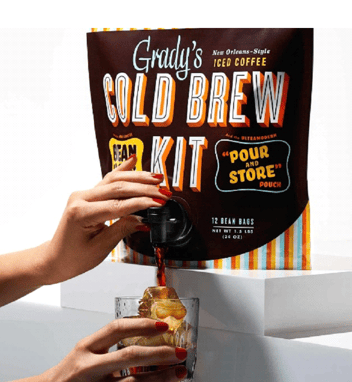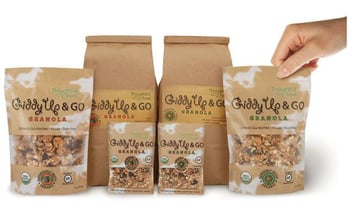Recyclable vs Biodegradable Packaging…Which is Better?
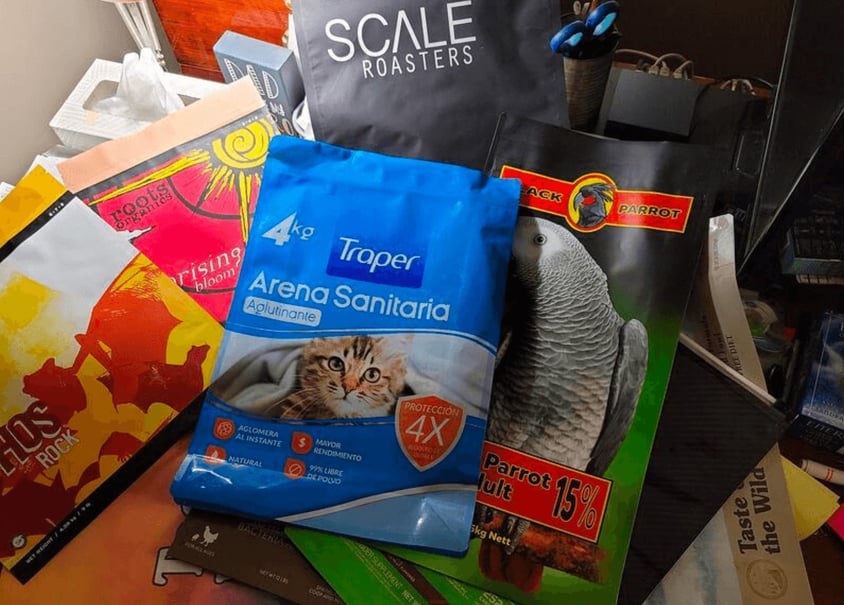
Trying to decide on an eco-friendly packaging approach? There are many ways to contribute to sustainability goals, but at some point you’ll have to compare recyclable vs biodegradable solutions and pick a path. Which is better?
The short answer is that neither option is superior to the other — both have pros and cons, which must be carefully weighed before you make a decision.
Recyclable vs Biodegradable Packaging:
|
Pros |
Cons |
|
|
Recyclable Packaging |
|
|
|
Biodegradable Packaging |
|
|
Why Go With Biodegradable Packaging Materials?
Exciting new options like the biodegradable stand up pouch have got retailers and consumers feeling enthusiastic about sustainability goals. If you’re packaging dry products that are expected to last on a consumer’s shelf at home for a year or less, biodegradable packaging may be a fantastic option. Cardboard tends to outlast newer options like compostable bioplastics, although the plastics will give a better seal for freshness and protection from contaminants.
Go with biodegradable packaging materials for the biggest splash in today’s green-minded market — they’re highly marketable. At the same time, you can rest assured that they’ll eventually return to mother earth, unlike some recyclables that leave man-made materials in landfills for centuries.
Why Go With Recyclable / Recycled Packaging Materials?
A recyclable approach can be better if you’re concerned about cost, since innovative new biodegradable or compostable materials can come in at a somewhat higher price point. You’ll also have stronger options that are impervious to moisture and more resistant to impacts, sharp objects, or the heft of heavier products and larger quantities.
Go with recyclable or recycled packaging materials if you’re working with beverages or liquids, large packages, a dense/heavy product, or need a package that will last potentially for years in the consumer’s possession.
Talk to an Expert
Our experienced team of supply chain specialists at ABC Packaging Direct — The Oversea Network would love to hear about your next project and answer all of your questions. We’re happy to chat you through all of the recyclable vs biodegradable packaging options to help you make a final decision for your product’s packaging. Contact us today to chat or get a quote!
